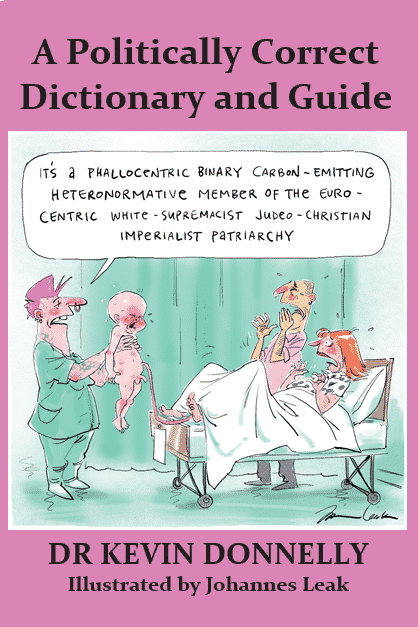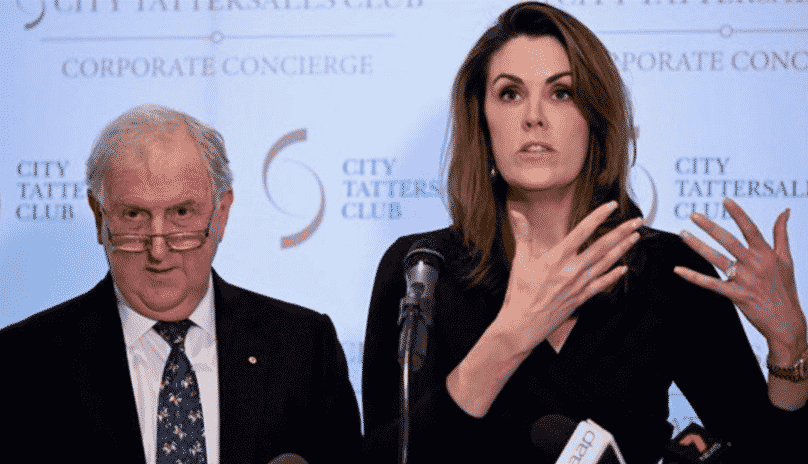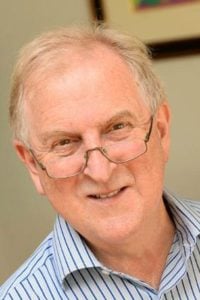What does it mean to be politically correct? One definition involves not unfairly discriminating or offending others because of their race, religion, ethnicity, gender, sexuality or class. Examples include using racist and sexist language or refusing to acknowledge the right all individuals have to be treated fairly and equally.
The second definition, as I detail in A Politically Correct Dictionary and Guide, involves imposing politically correct language and group think on individuals in areas like marriage, gender and sexuality, the environment, refugees, immigration and the nature and importance of Christianity.

Best illustrated by George Orwell’s novel 1984 controlling language is a key strategy employed by totalitarian regimes to manipulate people. In 1984 what is described as Newspeak leads to a situation where “thoughtcrime” is impossible as “there will be no words in which to express it”.
The slogans “War is Peace, Freedom is Slavery and Ignorance is Strength” used by the Party and Big Brother to indoctrinate citizens exemplifies Orwell’s belief that “if thought corrupts language, language can also corrupt thought”.
In today’s politically correct world if you oppose the rate of immigration you are attacked as xenophobic, argue marriage involves a woman and a man you are condemned as heteronormative and homophobic and defend the benefits of western civilisation and you are guilty of white supremacism and for being Eurocentric.
Proven by Israel Falou being sacked by Rugby Australia for expressing his views about homosexuality and other sins and the continued attacks on Margaret Court for opposing same sex marriage Christians are especially vulnerable if they dare to oppose what the cultural-left describes as politically correct.
Such are the attacks on Christians and Christianity that George Weigal in The Cube and the Cathedral uses the term “Christophobia” when describing the way Christianity is being attacked by neo-Marxist inspired secularism. Drawing on the work of Joseph Weiler he describes Christophobia as an extreme ideology that refuses to acknowledge Christianity’s contribution to “human rights, democracy and the rule of law”.
While political correctness is a relatively recent term that become widespread in the early 90s it is important to understand that the cultural-left ideology underpinning it can be traced back to events in Europe during the 1920s and 1930s.

This was the time when a group of Neo-Marxist academics founded what became known as the Frankfurt School in Germany on the basis that the fight to overthrow capitalism needed to focus on the culture wars.
Michael Gove, the former UK Secretary of State for Education, in his book Celsius 7/7 argues “The thinkers of the Frankfurt School revised Marxism as primarily a cultural rather than an economic movement. In place of anger at traditional capitalism, scorn was directed at the reigning values of the West”.
The academics involved realised the communist revolution was never going to occur in the West through violence and that the focus had to shift from economic issues to the battle of ideas and the long march through the institutions like universities and schools, the church, family and the media.

The cultural revolution of the late 1960s involving the student riots in Paris, Vietnam moratoriums and the rise of the youth orientated counter-culture movement signalled the resurgence of political correctness drawing on a rainbow alliance of cultural-left theories including: Neo-Marxism, postmodernism, deconstructionism and radical feminist, post-colonial, gender and queer theories.
Cardinal Ratzinger, later Pope Benedict XVI, describes the 60’s cultural revolution as an epochal event dominated by radical, secular critics who “conceived the whole evolution of history, beginning with the triumph of Christianity, as an error and a failure”.
Such is the force and dominance of politically correct language and group think that the Safe Schools program indoctrinates students with the belief that gender and sexuality are social constructs and they can self-identify as to whether they are lesbian, gay, bisexual, transgender, intersex or queer (LGBTIQ+).
Universities are no longer committed to what T S Eliot describes “the preservation of learning, for the pursuit of truth, and in so far as men are capable of it, the attainment of wisdom”.
Instead knowledge and truth are seen as social constructs employed by the ruling elites to disadvantage and disempower already marginalised individuals and groups.
The rise of identity politics, victimhood and the argument that there is nothing beneficial or worthwhile about Western civilisation, especially Judeo-Christianity, can all be attributed to the success of the political correctness movement and the cultural-left’s long march through the institutions.
Notwithstanding the prevalence and power of the PC movement there are signs that not all is lost. A recent ABC survey titled Australia Talks found that 68 percent of those who responded felt political correctness has gone too far. Scott Morrison’s success in winning last year’s election with the support of the ‘quiet Australians’ also is worth celebrating.
Dr Kevin Donnelly is a Senior Research Fellow at the Australian Catholic University and author of A Politically Correct Dictionary and Guide (available at kevindonnelly.com.au)
